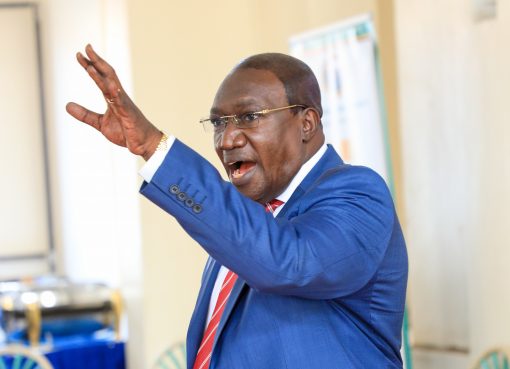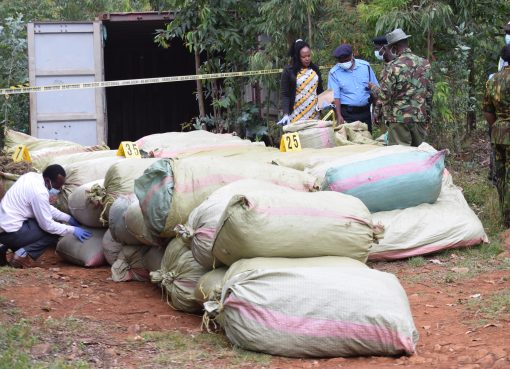Kenya will not participate at the Maritime Delimitation Case with Somalia, due to procedural unfairness at the International Court of Justice.
Kenya’s concerns and ultimate decision has been exacerbated by previous decisions taken by the Court which has created a perception of unfairness and injustice towards Kenya including amendment by the Court to its rules to allow for hearings to be conducted via video link without consultation of member states prior to the issuance of the hearing dates for this case.
In a statement by the Ministry of Foreign Affairs sent to newsrooms on Friday, the decision was made after extensive consultation on how best to protect the sovereignty and territorial integrity of the Republic of Kenya.
The dispute between Kenya and Somalia concerns a 160,000 sq. km triangle in the Indian Ocean with the area thought to be rich in oil and gas.
Kenya had earlier written to the ICJ, asking for the case to be delayed while it briefed a new legal team, and also cited the coronavirus pandemic, but the ICJ ruled the case should be heard virtually.
Kenya restated that it should not have been dragged to the Court by Somalia merely because of the neighbour’s resurgent expansionist agenda.
According to the statement, Kenya also noted that the composition of the membership of the bench conducting the case reinforced concerns of bias, citing the case of Somali Citizen, Judge Abdulqawi Yusuf, who sits on the ICJ and who has previously represented Somalia at the Third United Nations Conference on the law of the sea.
At the conference, the Judge stated that delimitation of the EEEZ and continental shelf should not be affected in accordance with the principle of equidistance but rather by application of equitable principles.
Kenya has also informed the Court that influential third-party commercial interests are fuelling the case that threatens to destabilize the peace and security of an already fragile region.
According to Kenyan lawyers, the speed at which the matter was rushed before the Court and the players involved in this dispute, pointed to a well-orchestrated strategy of pitting the countries against each other in total disregard to the precarious security situation in the region.
“Moreover, in affirming and imposing its jurisdiction on Kenya over this matter and failing to appreciate the full extent of Kenya’s reservations in its Optional Clause Declaration under Article 36(2) of the ICJ Statute, the Court, deprived the parties of the opportunity to have the dispute resolved in a suitable, non-adversarial manner, which, in fact Somalia had itself consented to under the 2009 Memorandum of Understanding, an instrument that the ICJ has affirmed as a valid treaty,” read the statement.
It further stated that influential third parties are intent on using instability in Somalia to advance predatory commercial interests with little regard to peace and security in the region.
Kenya further objected to the presence on the ICJ panel of a Somali judge, saying he should recuse himself.
“Kenya remains confident in its position that there is an existing maritime boundary that was established in 1979. The boundary as established has been respected by both Countries until 2014 when Somalia attempted to repudiate the agreement by dragging Kenya to the International Court of Justice seeking to appropriate Kenya’s maritime space,” read the statement in part.
“The Government and People of Kenya feel betrayed that Somalia had brought the case before the ICJ after repudiating a maritime boundary that it had consented to for over 35 years,” it stated.
It went ahead to note that Somalia has incited hostility against Kenya, and actively contributed to the climate that encourages attacks against Kenyan civilians and against Kenyan forces in Somalia and even threatening their ability to continue to support AMISOM. Somalia has also undermined the fundamental need for stability and predictability of boundaries among States.
by Alice Gworo





